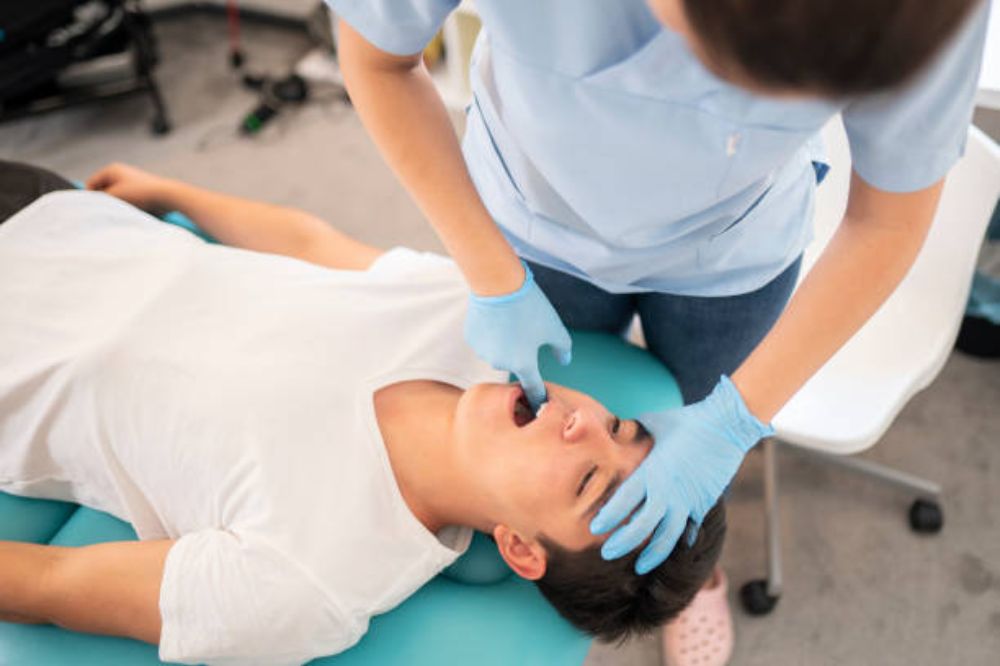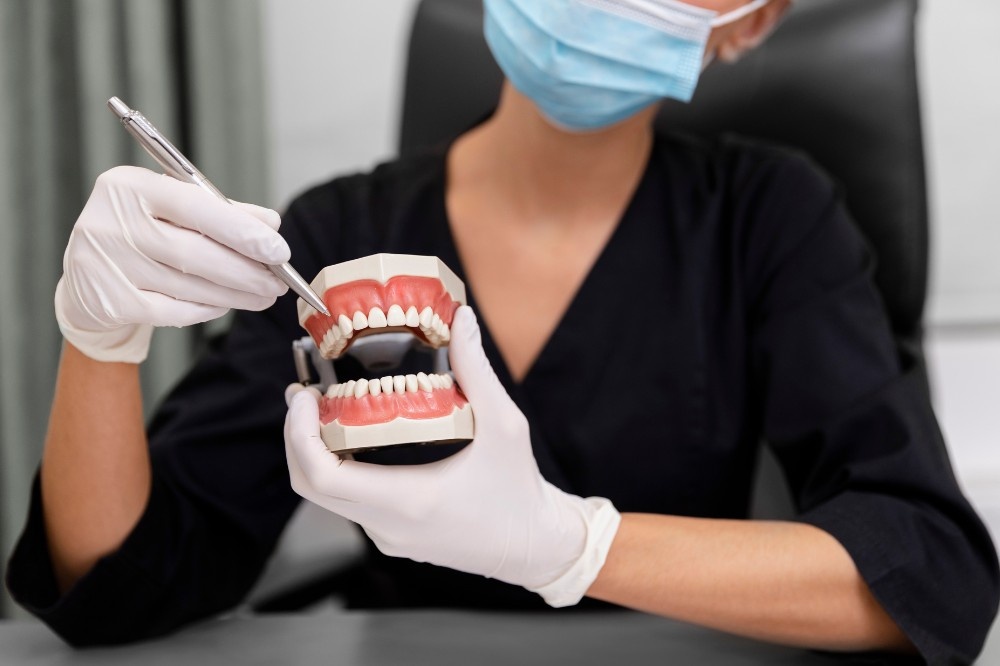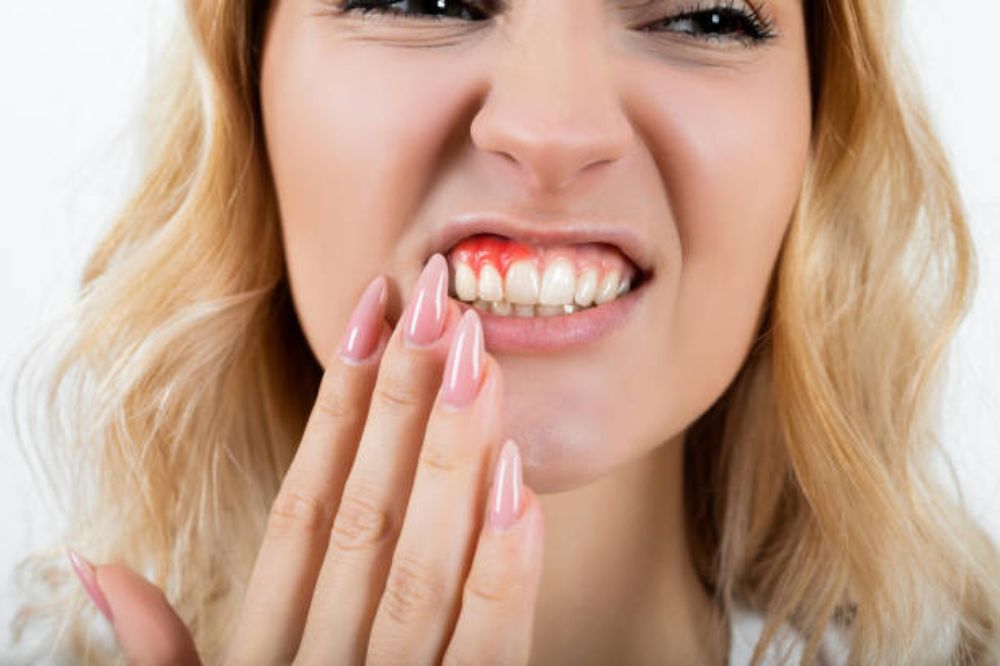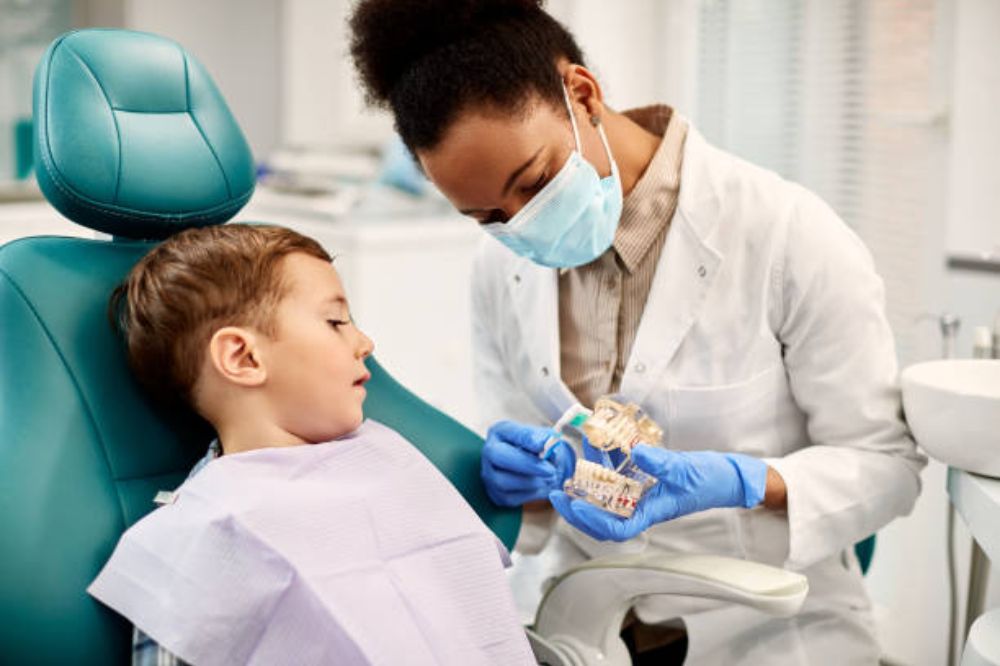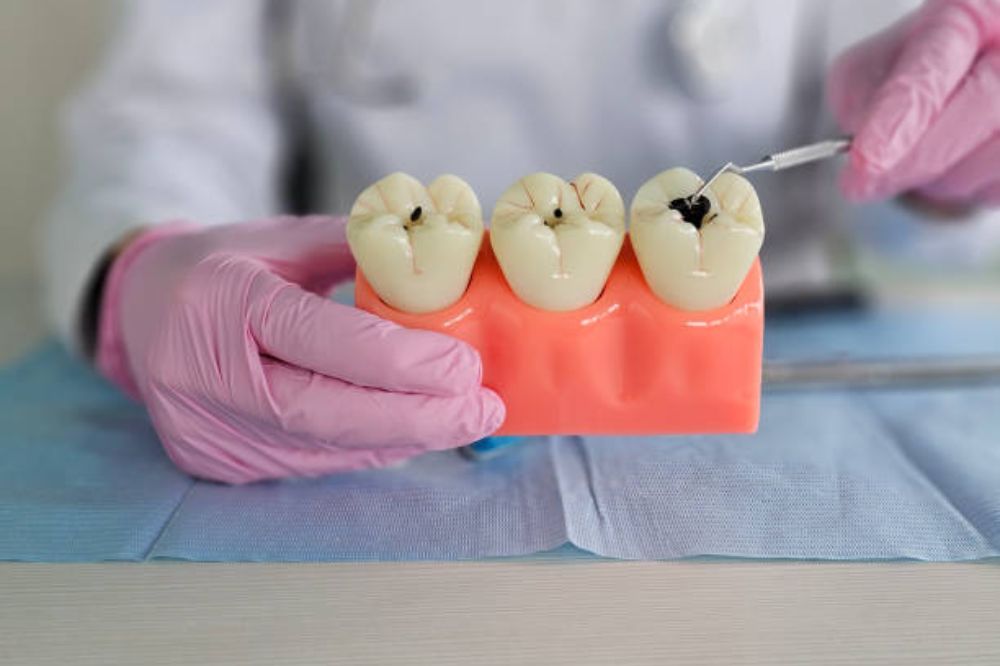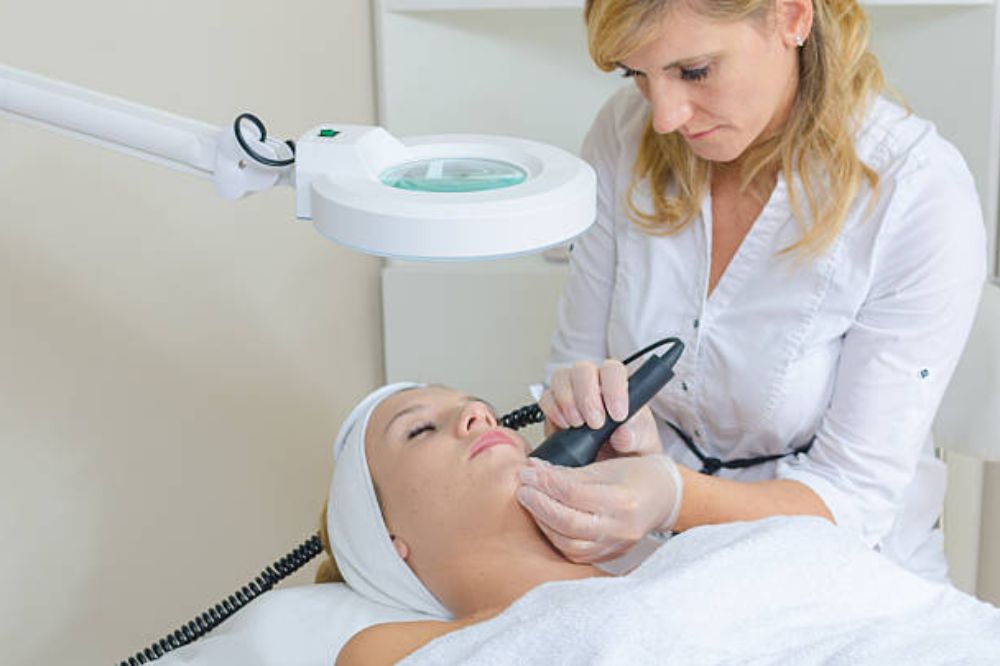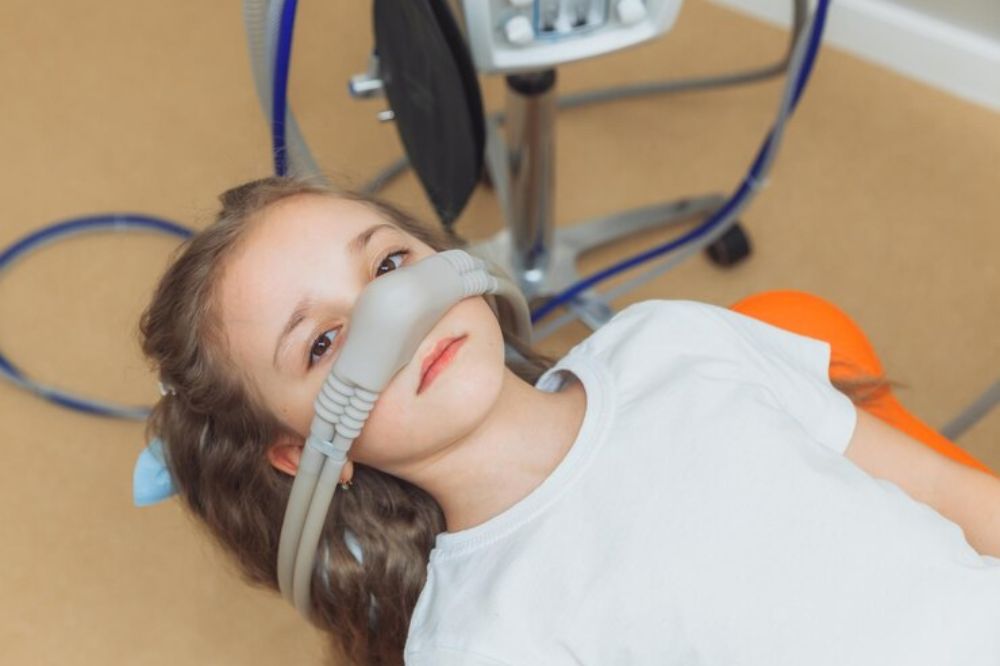TMJ disorders will render eating, talking, or yawning a painful or unpleasant experience. TMJ stands for temporomandibular joint, the hinge that joins your skull to your jaw. If you are experiencing pain or clicking around your jaw, then you need to consider TMJ therapy in Blackfalds to find relief.
What Causes Jaw Pain and TMJ Disorders?
TMJ problems have numerous likely causes. Sometimes it is due to trauma, but other times the cause is more elusive. Many people get TMJ problems due to stress, bruxism (grinding one’s teeth), arthritis, or a bite problem.
Some of the leading jaw pain causes are
- Clenching or grinding teeth (usually while sleeping)
- Injury or dislocation of the jaw
- Arthritis in the jaw joint
- Crooked bite or teeth
- Ongoing stress leading to muscle tension
It is essential to determine the underlying cause so that the appropriate treatment plan can be selected.
What Are the Most Common TMJ Symptoms?
The symptoms of TMJ disorder are mild or severe. Some have pain that comes and goes, but for others, there’s constant pain. TMJ symptoms must be diagnosed early to prevent the joint from suffering permanent damage.
Watch for these early warning signs:
- Clicking or clicking noises when opening the mouth
- Pain or stiffness in the jaw, face, or neck
- Difficulty chewing or biting
- Headaches or earaches
- Locking of the jaw joint
If you have noticed any of the above, a dentist near you can test your jaw movement and recommend proper care.
What Treatment Methods Are Used for TMJ Therapy?
There isn’t a one-size-fits-all solution when it comes to TMJ therapy methods. Your treatment plan will depend on the cause and severity of your symptoms. Most therapy starts with conservative, non-invasive options.
Here’s what dentists often recommend:
- Jaw exercises to strengthen and stretch the joint
- Mouthguards or night guards to prevent grinding
- Heat or cold therapy for muscle relaxation
- Lifestyle changes, like stress management
- Pain relievers or anti-inflammatory medication
In more serious cases, dental work or even minor surgery may be recommended to correct structural issues.
How Is TMJ Diagnosed?
Your dentist or healthcare provider will first review your symptoms and medical history. They’ll then examine your jaw, checking for pain, range of motion, and sounds like popping or clicking.
Sometimes, X-rays or imaging, like an MRI, may be used to view the joint and surrounding tissues more clearly. This helps your provider choose the best TMJ therapy methods for your specific condition.
Don’t Let TMJ Disrupt Your Daily Life; Book Your Visit Now!
If you’re living with daily jaw pain, don’t wait until it gets worse. TMJ therapy can restore comfort, improve function, and protect your oral health for the long run. Book an appointment with Blackfalds Dental Centre today and let us help you move toward a healthier, more relaxed smile.
FAQs
1. How fast can I expect relief from TMJ symptoms?
Relief may begin within days or weeks, but full recovery depends on how severe the condition is and how consistent the treatment is.
2. Will my jaw problem get better without treatment?
Well, If it’s not too serious, your jaw might feel better on its own. However, if pain continues, it’s best to get professional help to prevent it from getting worse.
3. Are there foods I should avoid with TMJ?
Yes. Hard, chewy, or crunchy foods can make symptoms worse. Try soft foods until your jaw feels better.
4. What happens if I ignore TMJ symptoms?
Untreated TMJ can lead to chronic pain, joint damage, or difficulty opening and closing your mouth fully.

